How Does the Western Diet Increase the Risk for Cancer
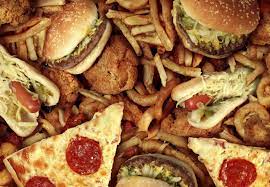

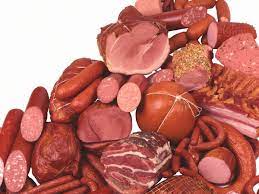
Inflammation: The Western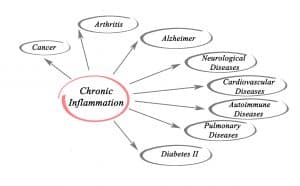

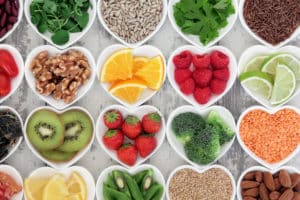

Hormone Disruption: Some chemicals found in processed foods and food packaging, such as endocrine-disrupting chemicals (EDCs), can interfere with the body’s hormonal balance and have been associated with an increased risk of hormone-related cancers like breast and prostate cancer.
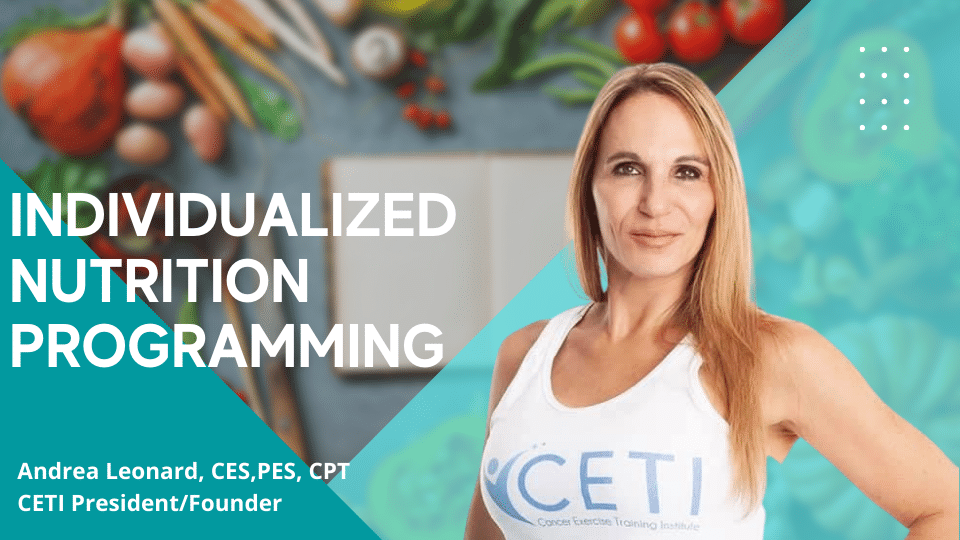
By achieving good overall health, proper nutrition can help reduce the risk of cancer, keep you healthier during treatment, and combat side effects and illness. Andrea will work together with you to optimize your nutrition, improve your energy levels, and ultimately improve your immune system and the health of your gut microbiome. You will meet with Andrea through ZOOM for an initial consultation and assessment (one hour). She will then create your individualized nutrition plan and schedule a follow-up ZOOM session/discussion to go over any questions/concerns that you may have.
- Determining your individual nutrition needs
- Identifying deficits and suggesting supplements
- Evaluating your current eating plan
- Education about label reading, nutrients, and quality of food
- Meal planning and prep
